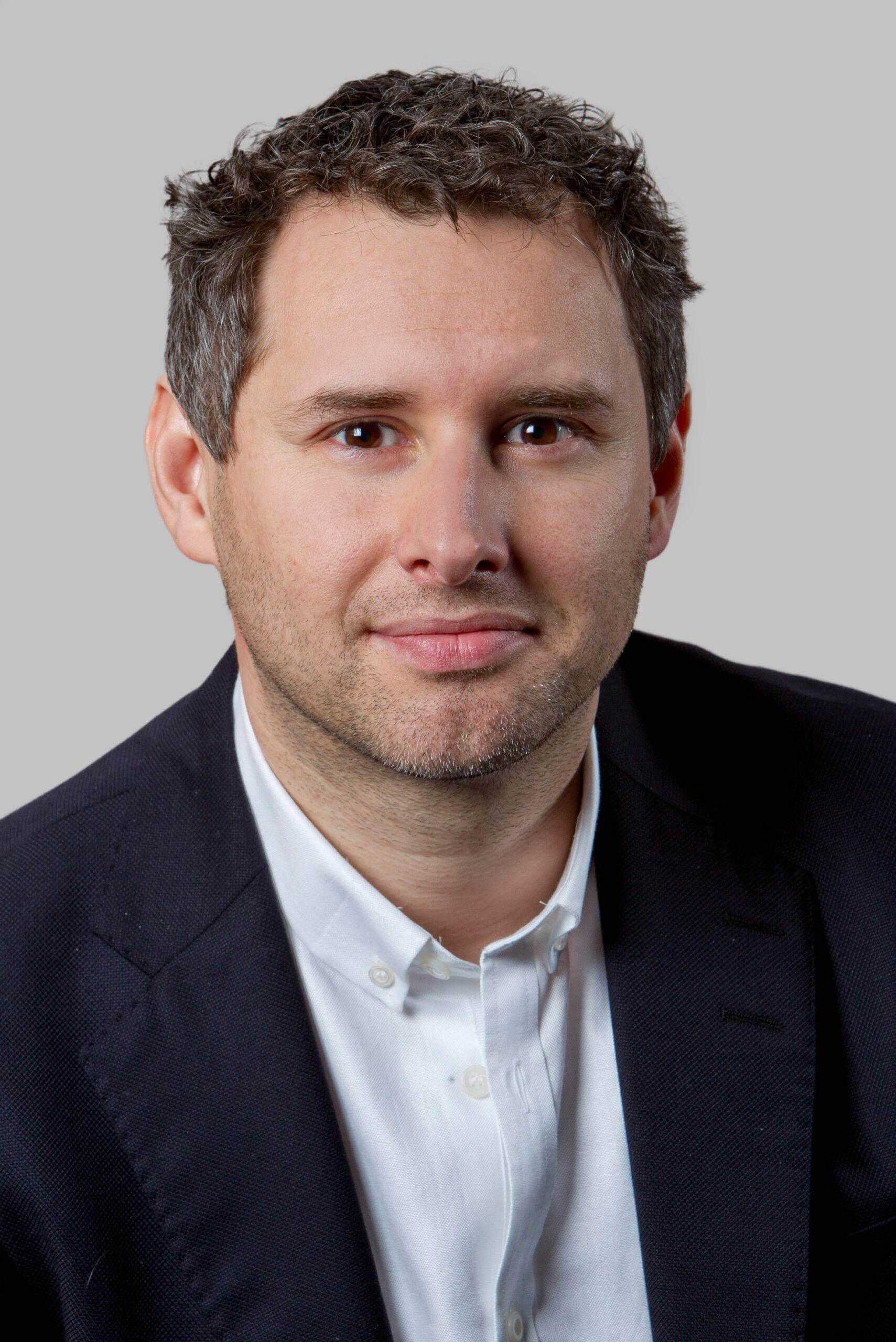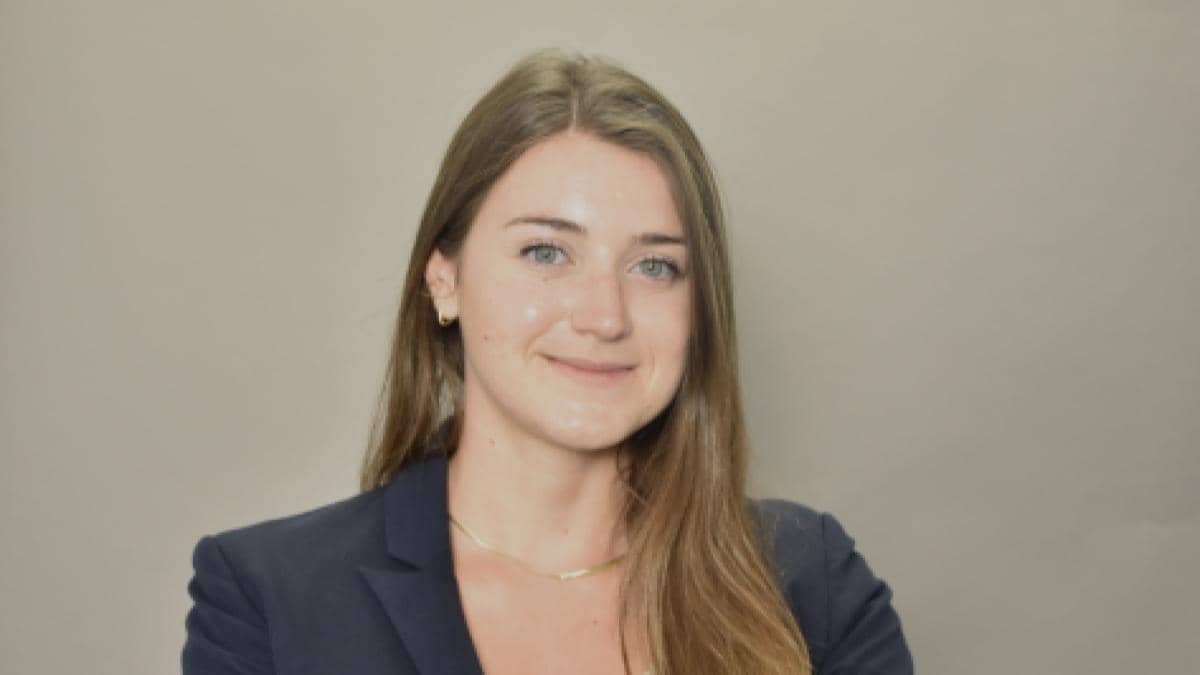Esa Saloranta Manager of Blue Planet fund, and director of Sustainable technology at eQ Asset Management

8 APR, 2020
By Constanza Ramos

Esa Saloranta is the Director of ESG and Sustainable Technology at eQ Asset Management Ltd and the manager of their Blue Planet Fund. Esa has over 25 years of experience in finance and has been a pace car within ESG funds for more than five. Esa holds a degree from the prestigious Aalto University in Economics and resides in Helsinki Finland.

Overall background
Born and raised in Helsinki. After high school, my plan was to become an art historian and go to Cambridge to study. However, I ended up with the plan b which I had applied for just in case and went to Helsinki School of Economics (now Aalto University). I didn’t really find myself at home, so I took my M.Sc in economics, economic history and what was in the late eighties brand new, finance. I was fortunate to work with Professor Mikko Puhakka on my thesis, he had worked with Joseph Stiglitz and I had a perfect inside track on asymmetrical information economics, which remains an important element in my work today, over 30 years later.
Your fund's approach and how it fits into modern finance
I have covered the energy system in its entirety from the late nineties and the two funds I managed preceding Blue Planet, were utilities and energy, and infrastructure. I have always managed global equity funds, thematic and sector-focused. I go deep, really deep in order to understand what is driving the industries I am covering. In the late nineties, I spent a year studying degree level petroleum geology, which proved useful when horizontal drilling and shale disrupted the oil and gas markets.
I did the same deep dive into technology when we were thinking about how to change the old fashioned energy fund into something more modern. Data infrastructure was already a component in the infrastructure fund, I went further and tried to figure out a better future for people, planet and businesses and what does it look like, how do we get there, what does it mean for transport, industry, food and agriculture, health care, commerce, and built environment.
I went deep into technology and especially AI. I believe we need a much smarter planet and technology is key in this future. We need a better version of capitalism, too. This is not an idealistic or a political statement, we need it, because people, consumers, and society shall demand it. It will have a truly profound impact on business.
While environmental Is deep in the core as a driver in my thinking, perhaps social sustainability is in fact the really distinguishing element in my process. It’s easy to analyze environmental impact, it is also pretty straightforward to capture green opportunities, but assessing social is harder. And that is why it is interesting (I will send a background note referring to this).
Behavioral is another element in my process. I started as an FX trader, government bonds market maker and swaps trader, early on I have needed to follow the market psychology in detail. I can tell you an anecdote. When I was running the largest primary dealer firm in Finland, we needed to run hedge positions sometimes into the US trading hours. I used to listen to what was then called the squawk box (the show that runs on CNBC is named after this) with a sound from the CME trading floor, just the noise. I realized at some point that just before a larger movement, there were sometimes changes in the noise pattern, and that these weak signals proved quite useful. it was not the sound volume, this came with the move, it was something else, observations of the floor traders checking each other out, and they filtered through to something you could actually use. This is the foundation and the background in my processes, to utilize weak signals. It is hard, and it is apparent that many managers are uncomfortable using them, and I think that is really good.
How ESG funds will differentiate themselves from traditional fund classes over the next 20 years?
ESG will become ubiquitous and the norm in 20 years, and probably this will take place over the next 10 years. Every manager will need to find ways to differentiate, if you want to be an active manager, this applies to now, and it will be imperative in the future, too.
If you weren't in this industry what do you imagine you would be doing
I would be a modern art dealer, Director of MoMa or Tate, or running an art fund, and this I actually might still do. I really enjoy the works of Barnett Newman, Mark Rothko and Cy Twombly . I could be a professor, and teach at a university, too, and social sustainability would be my subject.
Do you anticipate a surge in demand from the general public will drive growth in the industry? Or do you believe fund managers will sense the demand and work to get ahead of the change forcing the market in that way?
I think both. There will be a lot of push from the industry, and unfortunately a lot of greenwash when everyone is busy painting old products green. I hope the demand, and especially the institutional demand, will drive the growth into really solid ESG processes. That’s needed to highlight the solid processes to be distributed to also retail investors. Otherwise, I am afraid the retail demand will be confused and disappointed. There are already now some ETF products with ESG labels that have been very opportunistically put together and this is not going to be sustainable. We, active managers, really need to put a lot of effort to explain our process features and why they matter to help the audience pick the right products.
What's holding people back from getting into ESG funds sooner?
I think there is a real intention gap for a lot of people. Many want to invest in ESG but for whatever reason, they are still not doing it. Roughly 80% of consumers we poll have an interest in this type of product, yet only 20% or so are invested. This gap needs to be filled with clarity of products and better communication from funds to prospective clients. We need to show those who are interested, a concrete outline of our vision and purpose.
What do you look for when picking stocks to invest in?
When we look for investment options we gauge them on multiple frontiers. We look for businesses that have solid fundamentals, great business strategies, and compelling products. We want businesses that will be profitable today and tomorrow. We do a 360 degree sustainability analysis.
We measure things regarding ESG that are both quantifiable like CO2 emissions and water pollution. While also analyzing more obscure but ever-important metrics like employee satisfaction and company stability. We take a more comprehensive lense when picking stocks for our Blue planet fund. We want a business with solid fundamentals and an overall positive impact on the world around them.
We want to invest in great companies. These great companies fill vital parts of industries that look for future developments. They serve their clients well, treat the environment well and most of all have great clients. This is an important distinction we make when analyzing investment opportunities. If the business has great clients then they won't be led astray with fads in markets too often.
Do you think the current market conditions will push individuals towards ESG sooner than if we were in the middle of a bear market?
I think there are two parts to this question. Firstly when everything is selling off its almost a democratic process. Stocks fall in a nondiscriminatory manner. In these "risk-off" situations strangely enough better quality companies tend to take the brunt of the trade-offs first. The large-cap and giant cap companies get pushed down first because of their liquidity.
When markets start to normalize a bit, and there isn't this constant precipitous downfall day in and day out we believe our portfolio will show its value. While we have never seen an economic climate quite like this we can make some educated guesses from past experience.
We anticipate there to be more separation of the "great" companies that we have lined our portfolio within the coming time. And we are comforted knowing that we are performing better than our benchmark at the current moment. You can really see already the separation of wheat from the chaff and I expect this to prevail. Great ESG quality will win in this crisis.
As an anecdote, I will give you an example of Logitech. Logitech stock has been trading nearly along the same lines as other tech stocks during the first fallout.
Then everyone started to realize, wait a minute, this is a company that could really profit from this. They have a fast-growing business in the video communications market. This has always been our core reason to hold Logitech, now it really seems that they could leapfrog into future growth because of the crisis.


